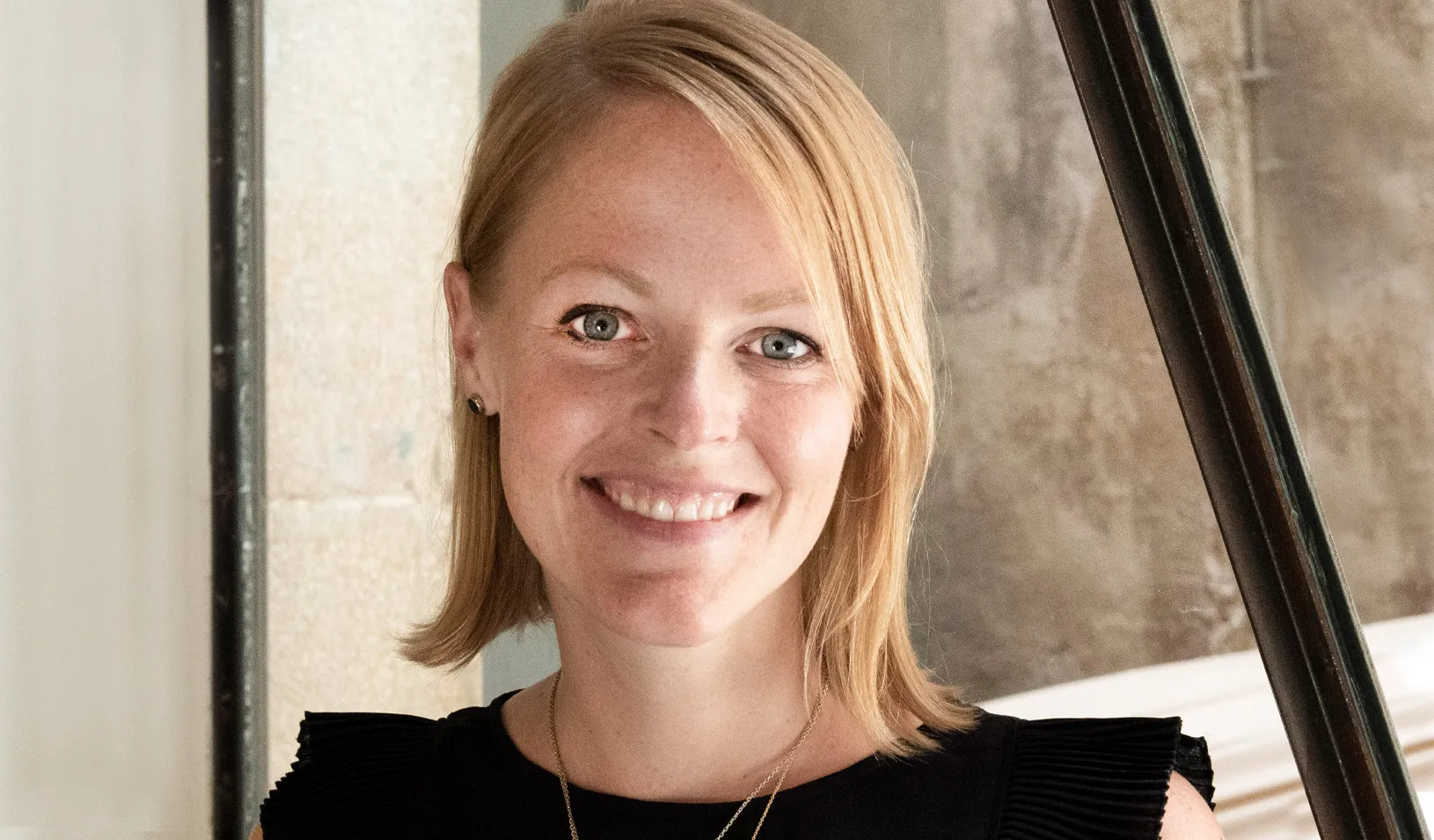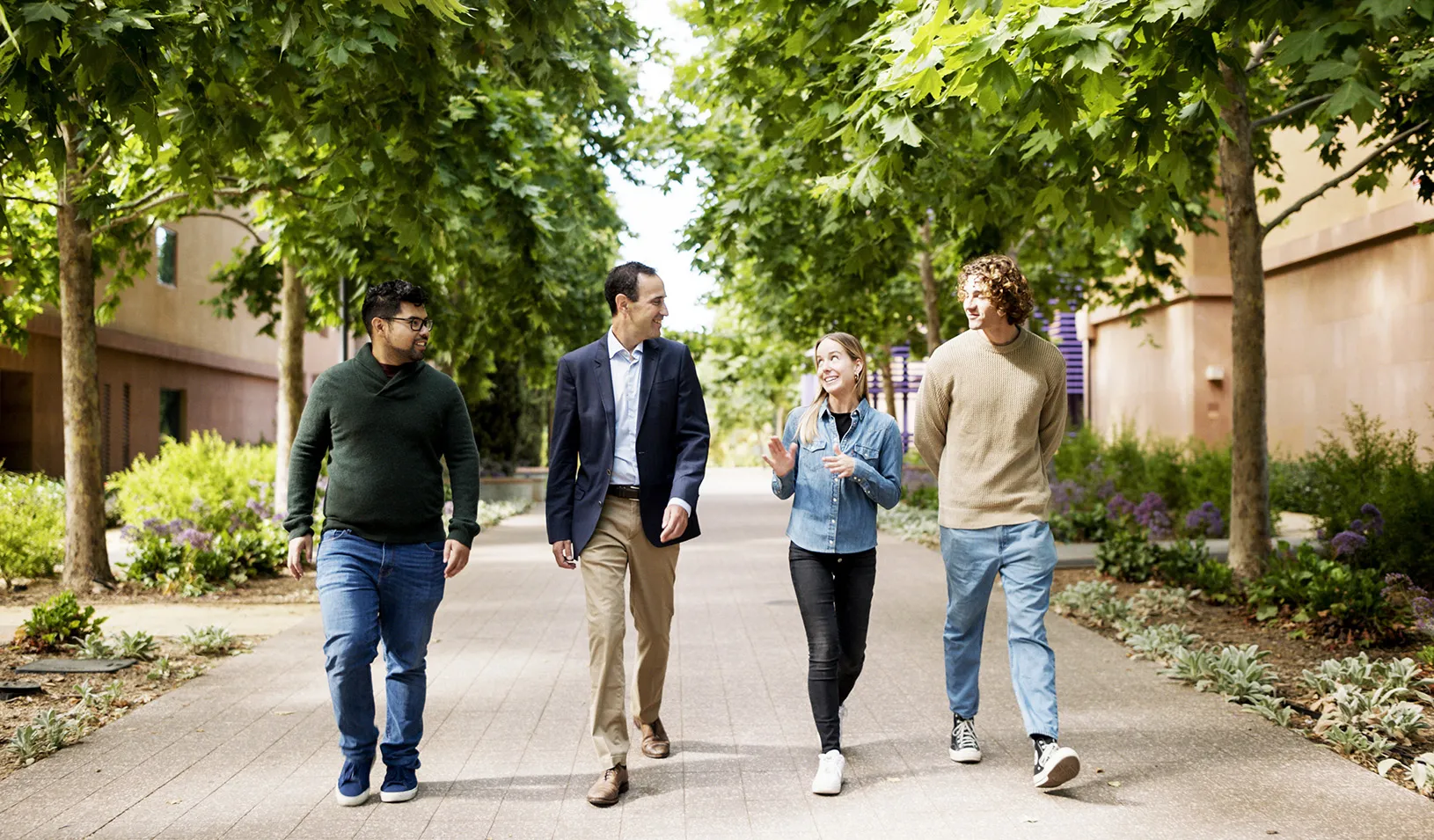Inspiring Innovation in the Silicon Valley Housing Market
ACT consultants worked closely with two Bay area nonprofits on how an equity-sharing fund to finance residential down payments could benefit both the public and private sector.
October 15, 2010
Deep in the gloom of today’s declining housing market, few investors see any reason for optimism. But an ACT team focused on affordable housing in the Bay area found a silver lining amidst the market’s dark clouds.
Expanding Equity Sharing
ACT consultants worked closely with the Housing Trust of Santa Clara County and Eden Housing, two Bay area nonprofits focused on expanding access to affordable housing, to explore how an equity-sharing fund to finance residential down payments could benefit both the public and private sector.

With equity-sharing, family members or employers provide loans to supplement a home buyer’s down payment. The ACT team proposed institutionalizing this practice by creating a regional investment fund to provide financing to credit-worthy individuals buying homes at all levels of the market. Individuals and corporations would invest in the fund which would be administered by The Housing Authority of the County of Santa Clara.
“We learned there was much pent up demand for this kind of program. Both employees and employers are eager to find creative solutions for the housing challenges in the Silicon Valley,” reported David Ai, Stanford MBA class of ’92 and one of the volunteer consultants leading the team. “There are good indications that business leaders are open to a new model of investment-grade housing assistance that does not require constant fundraising to keep it afloat.”
Helping Buyers Enter the Market
With one of the most expensive housing markets in the country, Silicon Valley is a difficult place to buy a home. Middle class workers like teachers and police officers—and even local families with two professional jobs—can not afford to purchase homes in the Valley communities where they work. Local corporations suffer when their access to talent is compromised by the valley’s high-priced housing. And a limited inventory of government subsidized or affordable housing narrows the options for low and medium income families.
The proposed investment fund would benefit all of these constituents. Homeowners could purchase a home with less debt payment or finance a more expensive home closer to work. New homeowners could step on to the property ladder sooner in life. Investors would gain access to the single family housing asset class. Systematic screening for responsible home buyers would reduce risks, and such risks are spread among a diverse portfolio of many single family homes. And the fund would be especially attractive to those interested in socially responsible investments.
Sustaining Local Housing Agencies
Finally, local housing agencies would reap benefits as well. Currently their subsidy model generates little or no revenue so they are forced to depend on ongoing fund raising, which has become increasingly difficult. As managers of the investment fund, they would gain both fees and investment returns, providing them with a sustainable source of revenues to reinvest in local housing.
Encouraged by the interest in this concept, several ACT consultants have continued to work with Bay Area community leaders to implement these ideas. “Our goal” said Ai, “is to get this concept off the ground.”
ACT Consultants
- David Ai, MBA ’92
- Mark MacDonald, MSM ’07
- John Crean, MBA ’92
- Don Diltz, MBA ’82
- Terry Lee, MBA ’92
- Taylor Dial, former Executive Director, Housing Trust of Santa Clara County
For media inquiries, visit the Newsroom.
Explore More
Erin Nixon Joins Stanford GSB as Assistant Dean of Admissions

Nia Rose Froome, MBA ’23: Making Local, Fresh Food Available for All

New Research Fund Promotes Responsible Leadership for the Next Century
